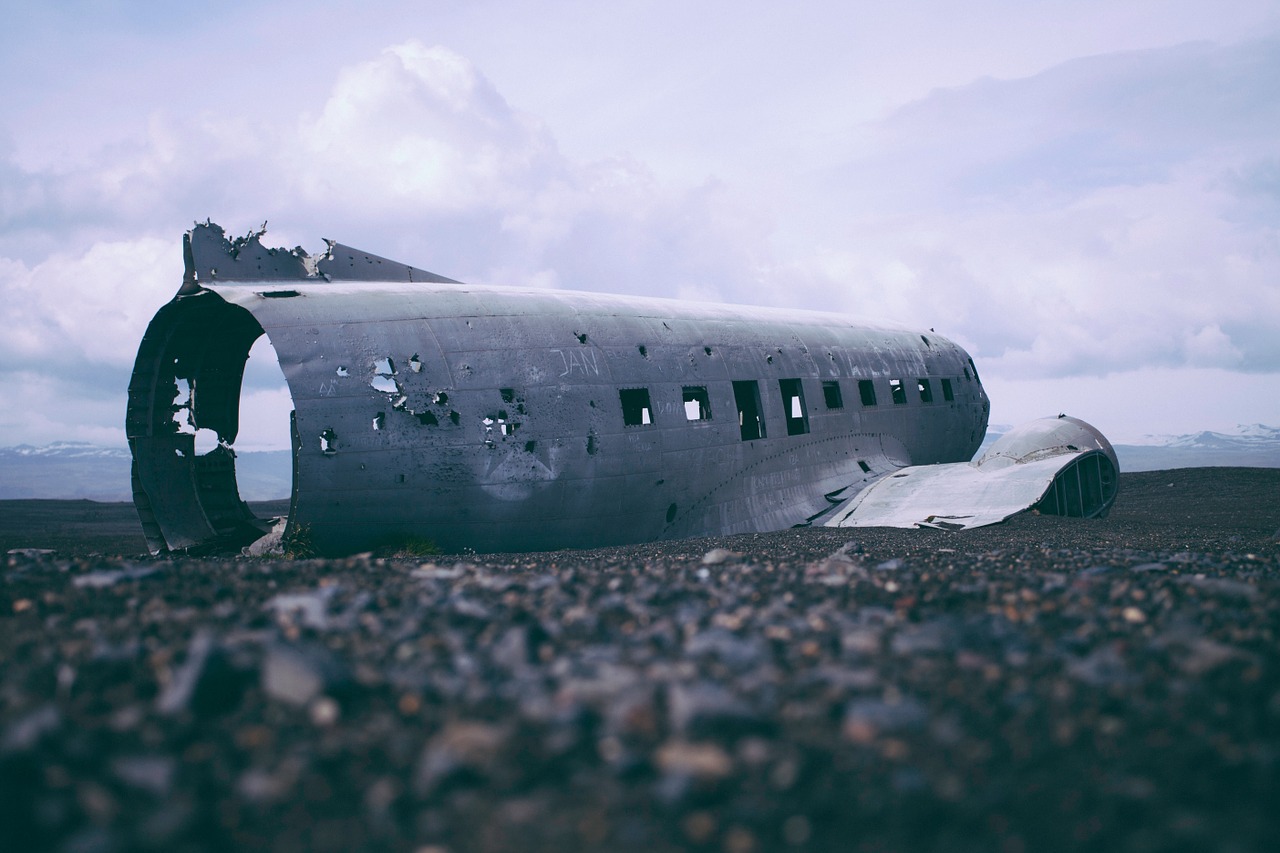Indonesia is the second-worst plastic polluter on the planet, according to the World Bank. Each one of the country’s 250 million inhabitants, spread out over 18,000 islands, is responsible for up to 1kg of waste per year.
The problem is so bad that heavy machinery is soften used to clear rubbish from tourist beaches, and the army was recently called in to clear a glut of plastic bottles and bags that had clogged rivers across the country.
This domestic pollution has a global impact: recent research by Ocean Conservancy and the McKinsey Centre for Business and the Environment found that Indonesia was one of five East Asian countries, alongside China the Philippines, Vietnam and Thailand, that collectively account for 55% of waste in the ocean.
But Indonesia has a plan – and as of 2019, it also has a new infrastructure set to tackle the problem at source.
Eight new recycling centres have opened across the country, inviting local waste collectors to bring any plastic they find and exchange it for goods and services. Seven sites are in a densely-populated area around Denpasar, in the Bali province, while the eight centre is mobile and can turn up at markets and events.
The centres emerge out of a partnership between SC Johnson, a multi-billion-dollar household product cleaning manufacturer, and Plastic Bank, an organisation turning plastic waste into economic opportunity for developing communities. Waste collectors are provided with money or digital tokens, protected through BlockChain technology, to buy goods and services.
In addition, following a Twitter challenge, which reportedly had 150 million engagements, SC Johnson has pledged to open its 9th collection centre in Bali.
“This partnership with SC Johnson is the first of its kind in Indonesia,” commented Plastic Bank Founder and CEO David Katz. “It will help create more opportunities for people living in poverty and will offer waste collectors an important sense of pride.
“SC Johnson is the first CPG company to scale a program of this kind in Indonesia that will benefit a wide range of socio-economic demographics including local residents living below the poverty level.”
The hope is that by focusing on waste generation, Indonesia’s seas – home to a vast diversity of marine life – will be protected. SC Johnson plans to expand the programme to other countries to help reduce the amount of plastic waste generated, and to provide new opportunities to recycle plastic locally.
The developments follow Indonesia’s increasingly vocal attempts to address its plastic problem. The country signed up to the United Nation’s Clean Seas campaign, and In 2017, Maritime Affairs Minister Luhu Binsar Pandjaitan announced that Indonesia would set aside up to $1bn per year to reduce the amount of plastic polluting its waters — with an ultimate goal of reducing marine waste by 70% by 2025.
[shakers_mentioned]
